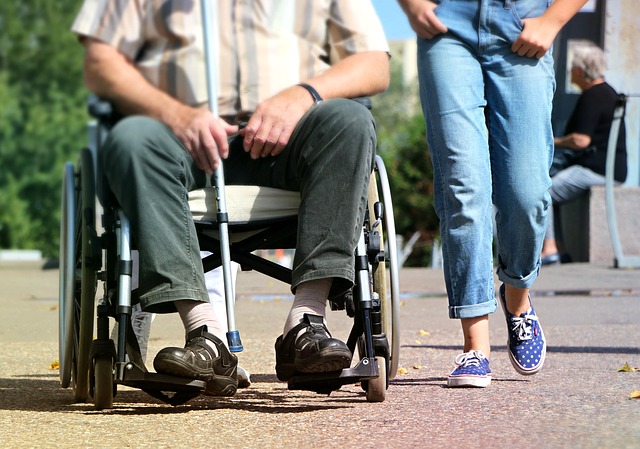According to Census 2011, persons with a disability make up for 2.21% in India’s population. The Ministry of Social Justice and Empowerment has been helping this 2.21% to get socially accommodated through equal opportunities and rights in the society. The Department for Empowerment of Persons with Disability works with non-government and private organisations to help create an inclusive environment for the disabled. Recently, Engineers India Ltd. organised an event in Kerala as part of its CSR, where free aids and appliances worth Rs. 40 lakhs, for the specially abled, were distributed, in association with Artificial Limb Manufacturing Corporation of India. As reported by The Hindu, the programme was supported by the district administration and district unit of Indian Red Cross Society. The administration of the state, thinking of segregation of recyclable and reusable material as a big project, said that it could be a way to employ persons with disability.
The administration said that differently-abled persons could take up this job as it does not require much traveling. Educational qualifications would also not be necessary for the work and it will not end abruptly. Garbage is produced daily in tonnes. This could be an attempt to make them financially independent and stable in life. The district office of Empowerment of Persons with Disabilities and the local Indian Red Cross Society are working closely to increase the employability of the disabled, through this project.
On basis of census 2011, a statistical profile was published by the Ministry of Statistics and Programme Implementation in 2016. According to Disabled Persons in India report, 64% of persons with disability are not working, out of which 53% are males and 77% are females. Amongst the working group, 31% were agricultural laborers and 23% were cultivators. One in every two disabled non-workers is dependent on their respective families. Among the male disabled non–workers, nearly 33% are students, while the same among the corresponding category of females is 22%. Among disabled non-workers with mental retardation, 57.7% are dependents and 24.5% are students while those among the disabled with mental illness 66.6% are dependents and 9.3% are students. For persons with multiple disabilities in this category, 65.9% are dependents and 15% are students.
The Rights of Persons with Disabilities Bill, 2016 raised the question of the need to create an inclusive infrastructure to facilitate greater independence among the differently-abled. One of the major players to make this happen are the corporates, working closely with NGOs and the government. Jindal Steel, Tata trusts and NASSCOM Foundation, to name a few, have been working for years towards this cause. Corporates are expected to go beyond just the CSR spending and commit to making persons with disabilities more financially independent.
Regards,
The CSR Journal Team
Subscribe

